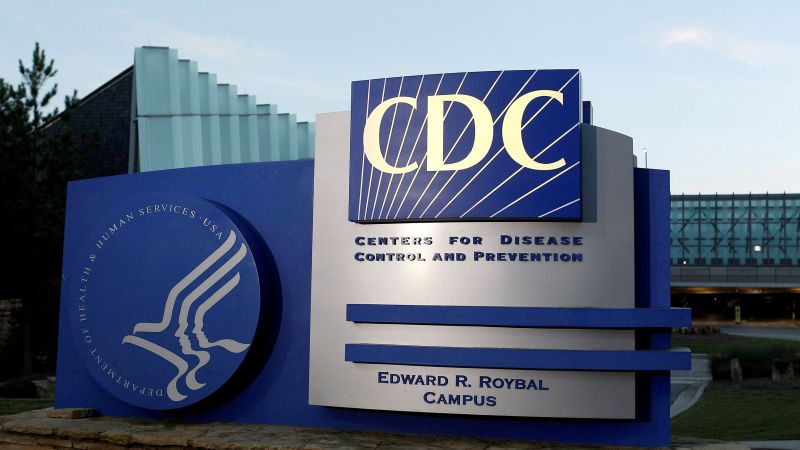Recent developments surrounding the US Centers for Disease Control and Prevention (CDC) and its Advisory Committee on Immunization Practices (ACIP) have stirred significant public interest and concern, particularly due to the controversial appointments made by Robert F. Kennedy Jr. This narrative unfolds against a backdrop of conflicting opinions on vaccine safety, driven by a select few new committee members who have expressed skepticism about vaccines, including mRNA Covid-19 vaccines.
Robert F. Kennedy Jr., known for his robust anti-vaccine advocacy prior to his recent appointment as head of the US Department of Health and Human Services (HHS), has unveiled a new advisory group comprising eight individuals with a range of controversial backgrounds. Among these individuals is an emergency physician alleged to have disseminated Islamophobic remarks on social media and two physicians with financial ties to litigation against a vaccine manufacturer. Kennedy has dismissed the previous 17-member ACIP as being tainted by conflicts of interest, vowing that the new appointments would feature members devoid of “ideological anti-vaxxers.”
However, some of the newly appointed members have been criticized for promoting misinformation regarding vaccine safety. Dr. Vicky Pebsworth, who holds a Ph.D. in health services policy, is associated with the National Vaccine Information Center, an organization that advocates for vaccine exemptions and opposes mRNA Covid-19 vaccines. Dr. Retsef Levi, a professor at MIT, has publicly stated that mRNA vaccines are responsible for serious adverse effects, including death among young individuals, regardless of evidence supporting their safety and efficacy.
Dr. Robert Malone, a notable figure in mRNA research, has raised alarms about a possible link between Covid-19 vaccines and cancer, a claim that regulatory bodies have categorically rejected. Another member, Dr. Martin Kulldorff, is acknowledged for his past roles in litigation regarding the safety of the HPV vaccine, despite previously asserting the importance of vaccines. The committee faces criticism as its conflict-of-interest policy stipulates that members engaged as paid consultants or expert witnesses in vaccine-related litigations should not hold positions in work groups, raising accountability concerns surrounding their integrity.
Furthermore, a closer examination of other members reveals a spectrum of opinions on vaccines. Dr. James Pagano, who has not publicly articulated his vaccine views, has a contentious social media history reflecting questionable ideologies. In contrast, Dr. Cody Meissner stands out with substantial expertise in vaccines, having previously served on the ACIP and participated in independent advisory roles during the pandemic. This divergent mix of perspectives reflects a broader discussion on vaccine policy that straddles public health and individual freedom.
The committee is slated to convene to consider recommendations for vaccine distributions—including for Covid-19, cytomegalovirus, and the seasonal flu—associated with the Vaccines for Children program. HHS representatives assert that thorough vetting will be conducted to ensure that members adhere to ethics agreements regarding potential conflicts of interest, which is crucial for maintaining public trust and transparency.
Kennedy’s approach raises larger questions about the compatibility of differing viewpoints in scientific discourse and the potential implications for vaccine policy in the United States. As the committee prepares for a meeting, the spotlight remains on the qualifications, biases, and integrity of its newly appointed members. The discourse surrounding vaccines is particularly critical as misinformation poses tangible threats to public health and safety, underscoring the vital need for a balanced, science-driven approach to health decisions.
Ultimately, this evolving scenario encapsulates the ongoing struggles within public health discourse—an intricate conflict between varying interpretations of scientific data and the political ramifications these interpretations hold. As the HHS takes steps toward addressing vaccine distribution amidst these complexities, the effectiveness and public acceptance of vaccination in the US remain contingent on clarity, transparency, and mutual respect in the broader narrative surrounding immunization practices.



